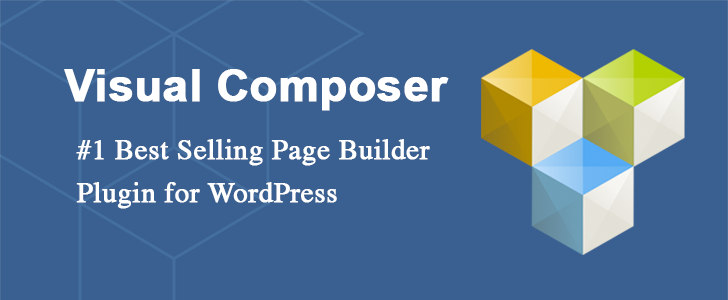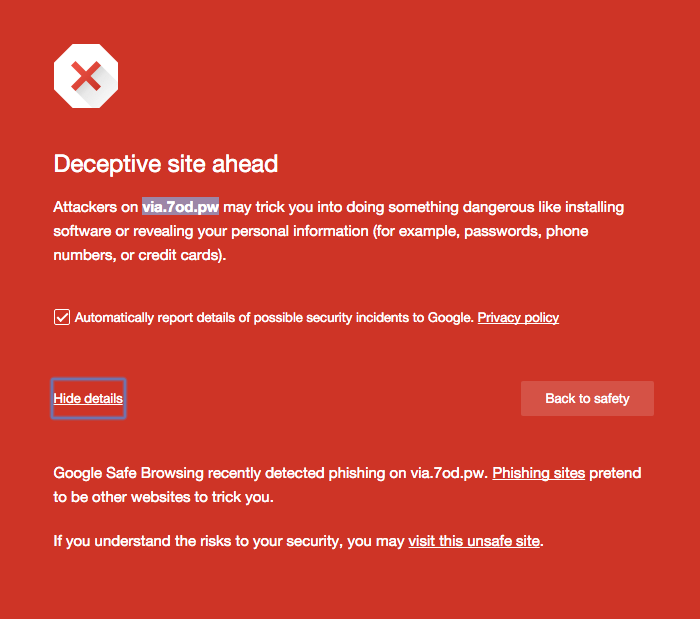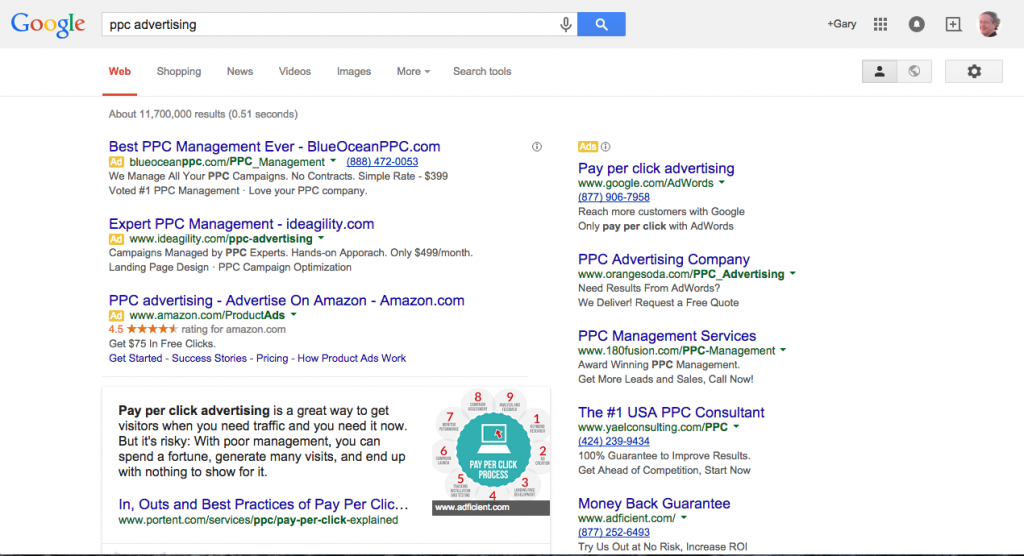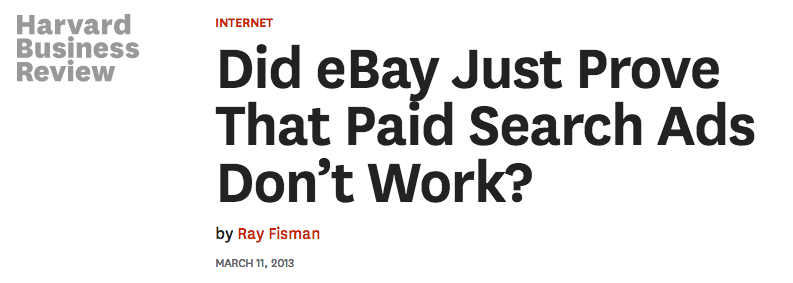WordPress is an option when building a new website

Recently, the ‘next big thing’ in web development has been a graphic design layer that enables drag’n’drop editing to your new WordPress site. These software layers or ‘page builders’ go by a lot of different names: Visual Composer, Divi and many more.

What does this all mean to you?
- Everyone wants a great looking site. But the reality is that if the pages take too long to load prospects will leave without seeing anything. Google has a tool that will estimate what percentage will leave based on their test of the performance of your site. Achieving a great looking site that is slow will cost you prospects (and your SEO).
- The developer that builds your site will not be around forever. You, as the owner of your site, should have everything documented so that any transition for any reason will be straightforward. Page builder setups can be very complex.
- Your developer is responsible for demonstrating the ability to restore your site from the regular backups that he or she is making. Something is very wrong otherwise.
- One of WordPress’ great strengths is the ability to update its look while keeping all of your content completely intact. If a developer says that they need to start completely over it will damage your SEO. This is only necessary if the previous developer damaged your site or that the new developer is not sufficiently trained.
sem[c] has been asked to optimize a number of different varieties of page builders recently and they all had speed-of-performance issues that needed to be addressed. More specifically, we were engaged to work on a site that we found to be using a suite of plug-ins called Pagelines. Like each of the other page builders it has its adherents but the sheer number of plugins that it uses sent up a red flag from our SEO point of view. The unfortunate part of this story is that the developer was tasked by the client to move this WordPress website into the Visual Composer page builder. Without saying why, this developer used Pagelines instead but didn’t inform the client. In addition, the developer used paid licenses that belonged to his company NOT the client’s. This meant that when he was removed as the administrator the site stopped working. Completely.
It’s not feasible or cost-effective for most business owners to study web development to the level of detail that has been discussed above. That fact should suggest that having a separate SEO consultant on board in conjunction with site development is a good idea. It is.
For more good ideas contact us or call 773.769.7362.












